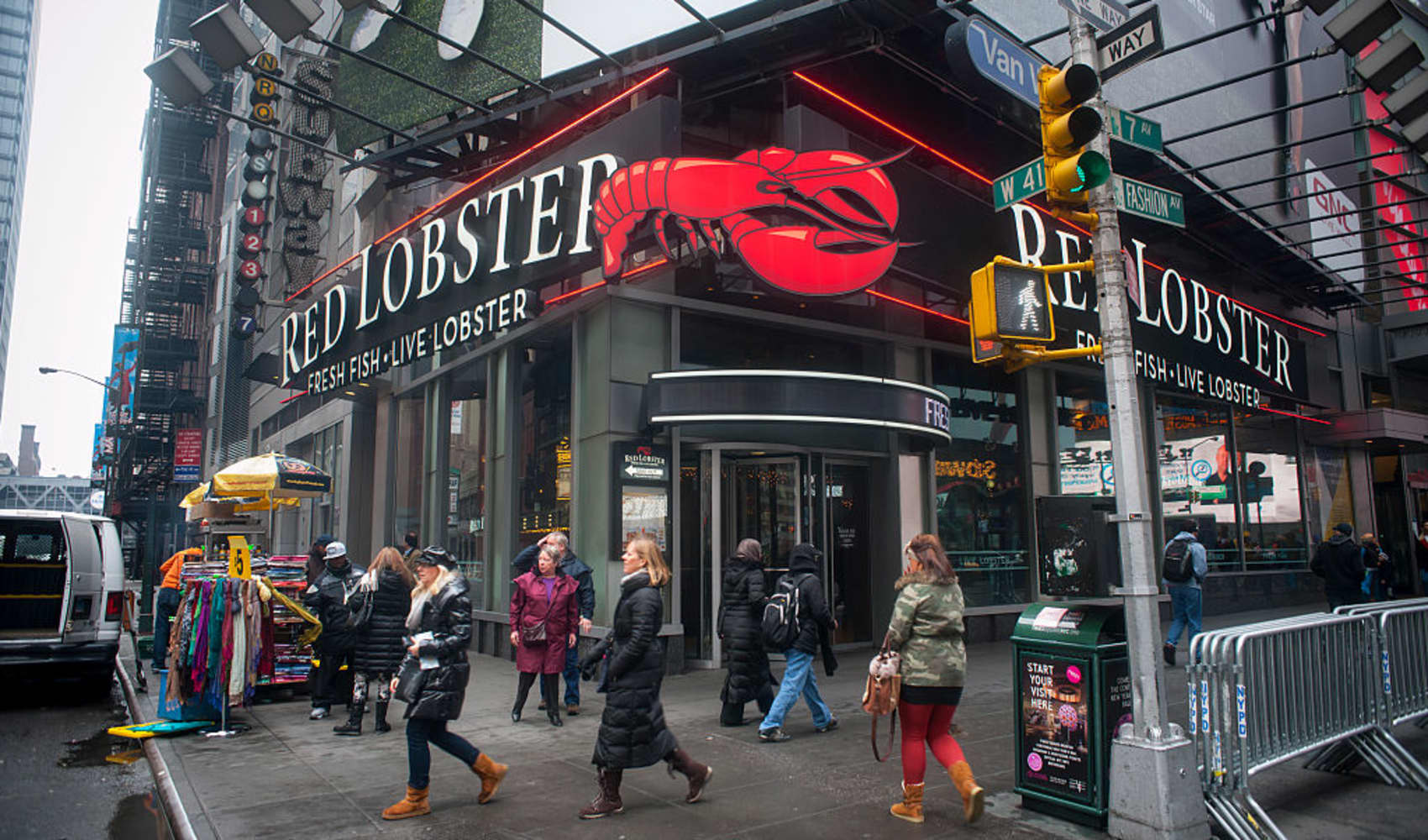
When it comes to auto insurance rates, where you live matters.
The difference between the highest and lowest average annual premiums in the U.S. is $2,120, according to a recent Bankrate study that ranks states based on the "true cost" of car insurance.
The study's true cost ranking is derived from the average total percentage of income spent on car insurance, based on the average income in each state, not just the average amount spent on premiums. Since average income varies by tens of thousands of dollars between states, the ranking aims to be a better reflection of the burden to driver's overall budgets.
Using this metric, the average cost of car insurance in the United States is 2.57% of an American driver's annual income, with an average annual premium of $1,771 per year.
Below, check out the 10 cheapest states for annual auto insurance rates, with rankings based on their "true cost."
10. Wisconsin
- Average percentage of income spent: 1.87%
- Average annual cost: $1,249
9. Utah
- Average percentage of income spent: 1.85%
- Average annual cost: $1,449
8. Idaho
- Average percentage of income spent: 1.68%
- Average annual cost $1,065
7. Washington
- Average percentage of income spent: 1.60%
- Average annual cost: $1,313
6. Vermont
- Average percentage of income spent: 1.48%
- Average annual cost: $1,000
5. New Hampshire
- Average percentage of income spent: 1.47%
- Average annual cost: $1,182
4. Virginia
- Average percentage of income spent: 1.46%
- Average annual cost: $1,340
3. Massachusetts
- Average percentage of income spent: 1.45%
- Average annual cost: $1,296
2. Maine
- Average percentage of income spent: 1.44%
- Average annual cost: $876
1. Hawaii
- Average percentage of income spent: 1.41%
- Average annual cost: $1,206
The ranking also reflects the many factors that contribute to auto insurance rates in each state, including your age, the car you drive, your driving record, your credit score (in most states), the length of your commute and even local weather conditions.
Money Report
Drivers in Louisiana and Florida spend the highest share of their income on auto insurance: 5.26% and 4.42%, respectively. These rates are comparatively higher since these states have relatively low median incomes compared to other states. Weather could also be a factor, since hurricanes and flooding are common in both states, says Lizzie Nealon, the author of the report.
Other factors are at play, to varying degrees, as well.
On average, U.S. drivers with excellent credit scores pay almost $1,500 less compared to those with poor scores, according to Bankrate's data, but that can vary by state. In California, Hawaii and Massachusetts, insurers aren't allowed to use credit scores to determine their rates.
Bad driving has wide-ranging impact too. Drivers that cause a car accident pay an average annual premium of $2,521 in the U.S., but that can be much higher depending on where you live. In New York, for instance, the average annual rate is $3,239 for drivers who have caused accidents.
What you can do to keep rates down
"If you're a driver in Louisiana, you're living there, you're probably working there — it'd be pretty hard to just uproot and move to Hawaii, where it's the cheapest," says Sarah Foster, a Bankrate analyst who worked on the study.
Since some of the cost is out of your control, the best way to keep rates down is by maintaining good driving habits and keeping your credit score as high as possible, especially in the majority of states where it's used to determine your auto insurance rate, Foster says.
It's also worth considering a new policy every now and then. Drivers often forget to periodically shop around for new rates, especially if their credit score has improved, Foster says. But insurance companies aren't necessarily going to adjust their rates before the renewal date, so it's up to drivers to stay on top of their own policy.
"Even if a credit score is absent of any kind of change, it's always a good idea to shop around and make sure you're not paying extra for insurance you could be getting for hundreds of dollars less elsewhere," Foster says. "No one likes to overpay on anything when inflation is at a 40-year high."
Sign up now: Get smarter about your money and career with our weekly newsletter
Don't miss: Get your tax refund faster by avoiding these 6 commonly overlooked mistakes






